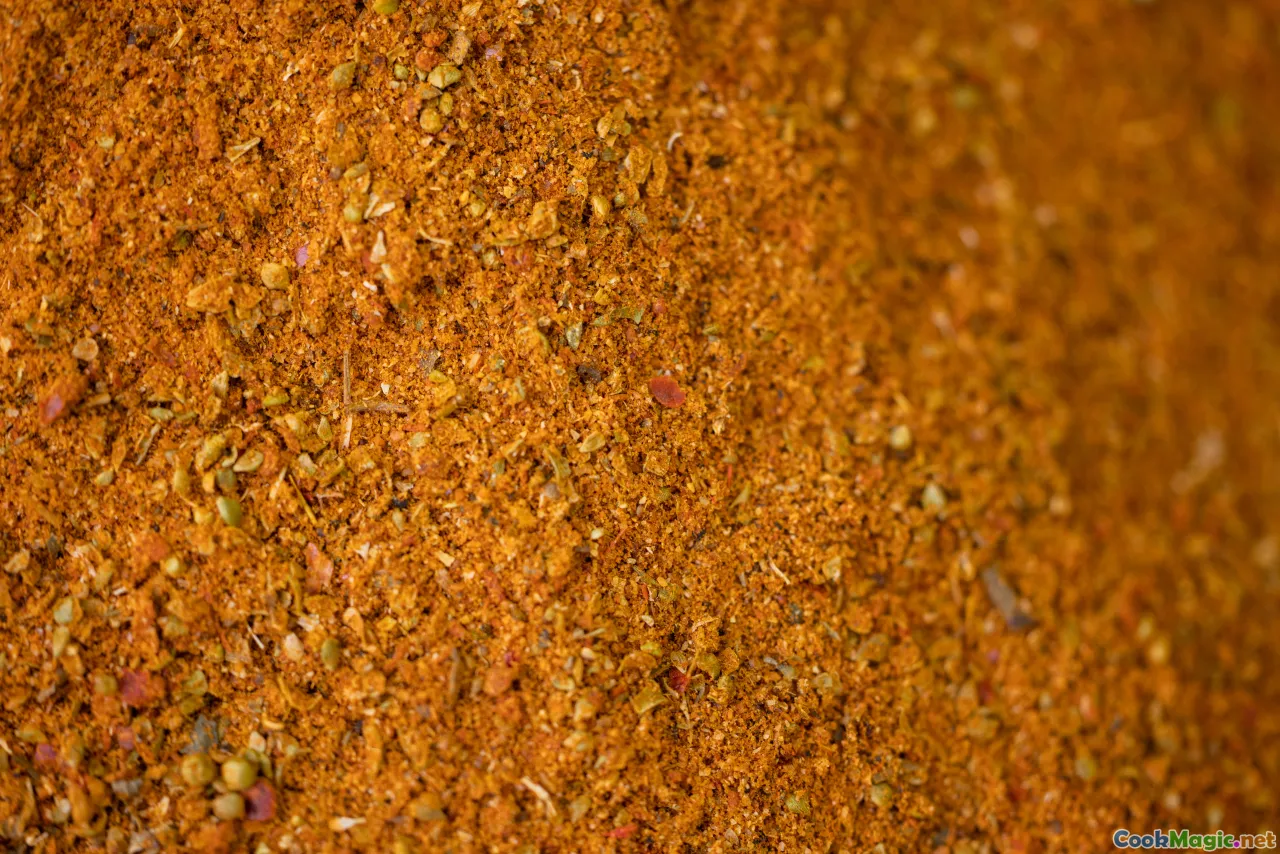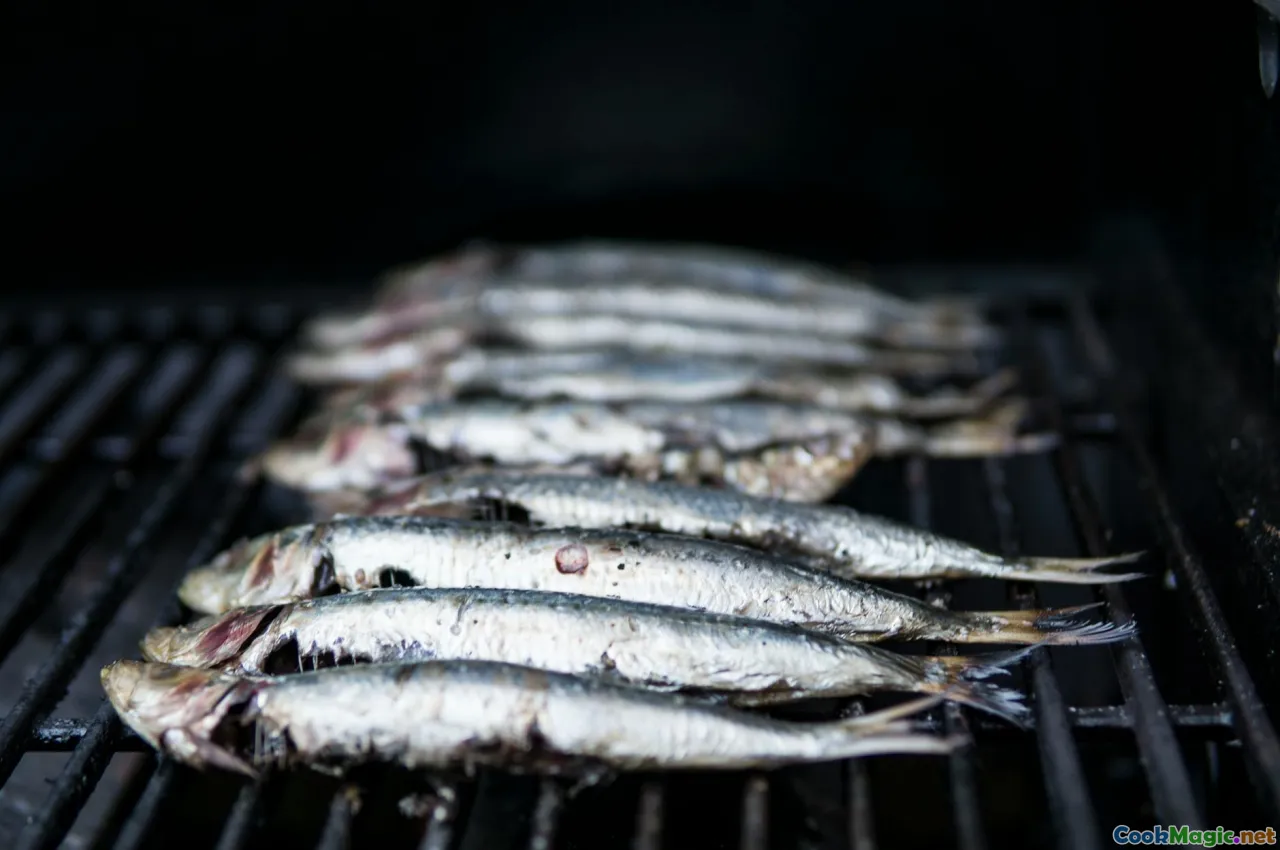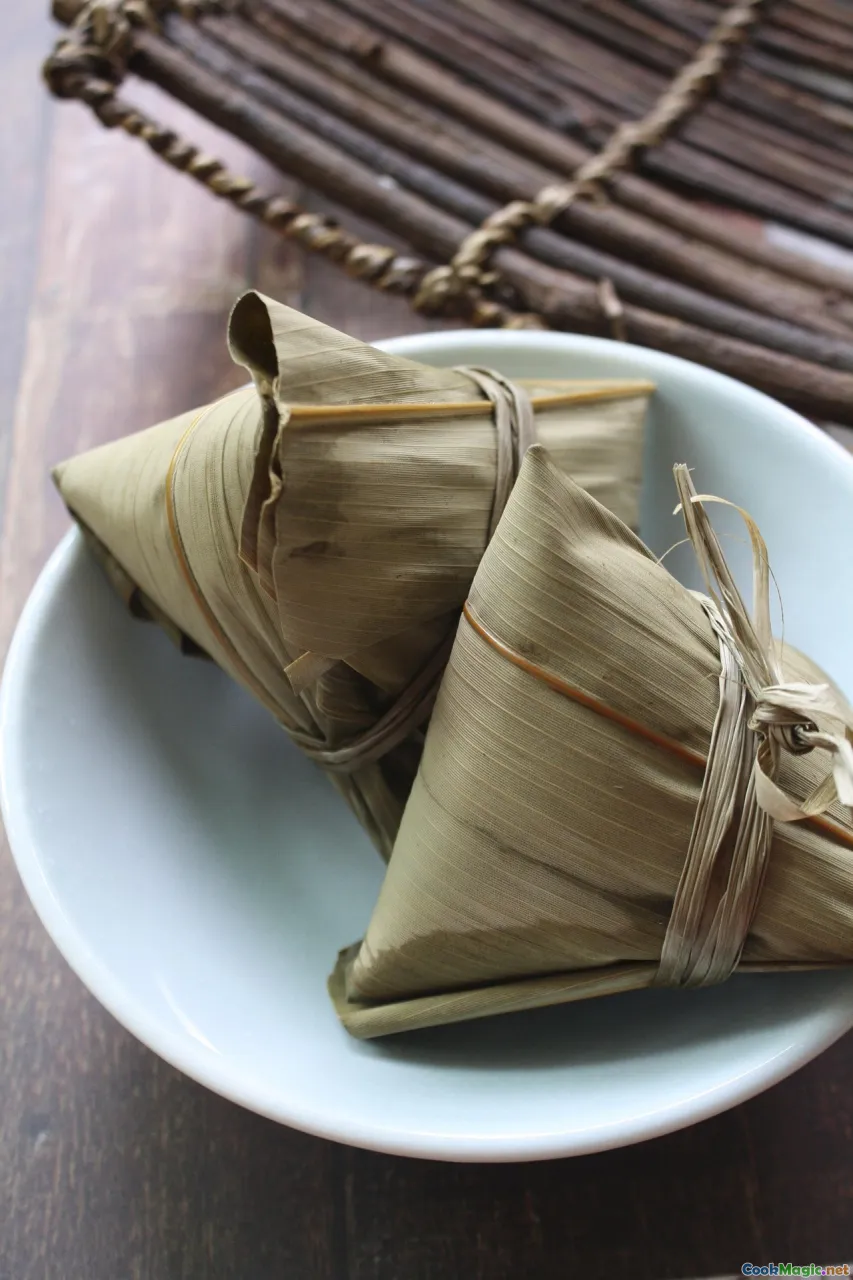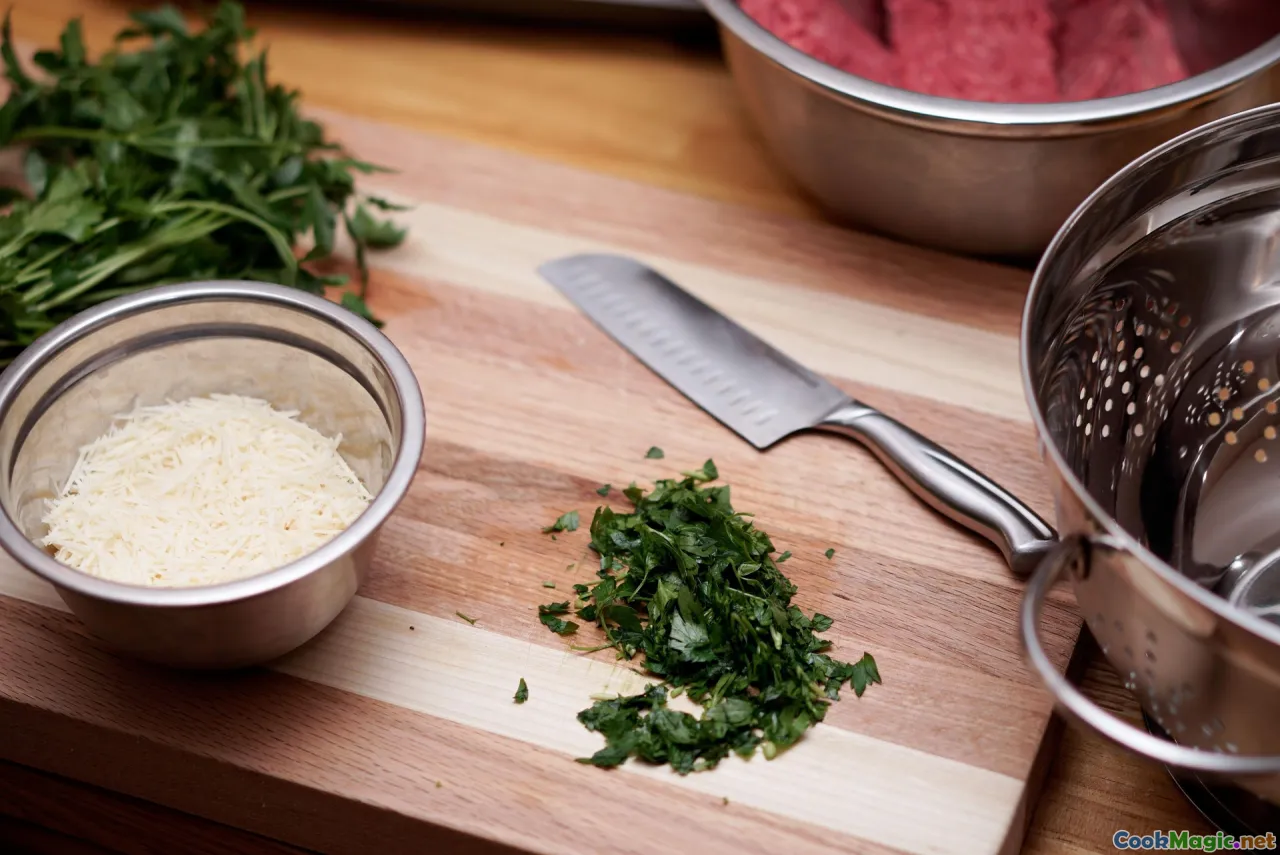Building Flavor with Smoked Paprika in Portugal
10 min read Explore how smoked paprika elevates Portuguese dishes, enhancing traditional flavors with its smoky depth and vibrant color. July 03, 2025 15:05
Building Flavor with Smoked Paprika in Portugal
In the lush, sun-dappled landscapes of Portugal, flavors are not merely tasted—they are experienced. Among the many ingredients that define Portuguese cuisine, smoked paprika (páprica defumada) holds a special place. Its deep, smoky aroma evokes the rugged coastlines and historic spice routes that have infused Portugal with a culinary legacy rich in depth and tradition.
For the passionate home cook or the seasoned chef, mastering how to incorporate smoked paprika elevates everyday dishes into sensory journeys. It’s more than a spice; it’s a bridge to Portugal’s soul—its history, its land, its people. Let’s explore how this vibrant, smoky treasure can transform your cooking, revealing the authentic soul of Portuguese cuisine.
The Heart of Portuguese Flavors: An Overview of Smoked Paprika

Smoked paprika is not native to Portugal but has become entwined with its culinary soul through centuries of trade and cultural exchange. Originating in Spain, particularly from the La Vera region, smoked paprika found a natural home in Portugal’s cuisine due to historical trade links across the Iberian Peninsula.
The variety of smoked paprika available in Portugal ranges from mild to hot, but what characterizes it is its distinct smoky aroma—notes of charred wood, roasted peppers, and hints of earthiness. When sprinkled over a dish, it imparts a fiery warmth and a complex depth that is both comforting and exciting.
Historically, this spice was prized by explorers and traders who brought new flavors from the New World and Asia, blending into the traditional Portuguese palate, which cherishes bold, layered flavors. Today, markets like Mercado do Bolhão in Porto or Mercado da Ribeira in Lisbon showcase shelves lined with varieties, inviting cooks to experiment and connect with this ancient yet ever-evolving ingredient.
How to Build Flavor with Smoked Paprika in Traditional Portuguese Dishes

1. Enhancing Soups and Stews
The Portuguese love their hearty soups like caldo verdeandfeijoada. Adding smoked paprika during the simmering process intensifies the umami notes and introduces a smoky complexity.
For instance, when preparing caldinho verde—a vibrant kale and potato soup—finishing with a teaspoon of smoked paprika before serving adds a subtle smoky backdrop that transforms the dish into an evocative experience, reminiscent of coastal fog and village fires.
2. Grilling and Marinades
In Portugal, grilled sardines or chourico sausage are staples. Rub smoked paprika onto the fish before grilling, or incorporate it into marinade sauces for meats. The spice enhances the natural flavors, imparting a smoky aroma that engulfs the senses, as if dining seaside on a breezy Portuguese evening.
3. Creating Signature Sauces
Portuguese cuisine boasts vibrant sauces like piri-piri, which gain depth with smoked paprika. Combining garlic, chili, olive oil, and paprika creates a sauce that can be drizzled over grilled chicken or seafood, imparting a smoky warmth with every bite.
4. Baking and Rustic Dishes
Try incorporating smoked paprika into bread doughs or flatbreads. It’s also perfect in roasted vegetable dishes—think aubergine, peppers, or squash—adding a smoky complexity that lingers.
The Cultural Significance of Smoked Paprika in Portugal

Unlike some ingredients that rely solely on their flavor profile, smoked paprika in Portugal embodies a cultural and emotional connection. It is a symbol of ancestral cooking—a flavor brought into homes and taverns through generations.
In regions like Alentejo, where traditional dishes like migas (bread crumbs with herbs) are made, smoked paprika lends a smoky aroma that links past and present. It’s often used during festive celebratory meals, such as weddings and village festivals, symbolizing the warmth and camaraderie that define Portuguese hospitality.
Stories recount how sailors returning from distant lands would bring back spices, which slowly wove smoked paprika into local dishes, transforming everyday meals into celebrations of exploration and resilience.
Personal Insights and Recipes: Cultivating Your Unique Flavor

Through my culinary journeys across Portugal, I’ve learned that the true magic lies in how you play with smoked paprika. It’s a versatile ingredient—less about strict adherence to recipes and more about an intuitive layering of flavors.
Signature Recipe: Smoked Paprika Marinade for Grilled Sardines
Ingredients:
- 8 fresh sardines
- 2 cloves garlic, minced
- 2 tbsp olive oil
- 1 tsp smoked paprika
- ½ tsp cayenne (optional)
- Lemon wedges
- Sea salt to taste
Method:
- Mix garlic, olive oil, smoked paprika, cayenne, and salt.
- Coat the sardines thoroughly with the marinade.
- Let sit for at least 30 minutes.
- Grill over medium-high heat until charred and smoky, about 3-4 minutes per side.
- Serve with lemon wedges and a simple side of boiled potatoes or fresh salad.
This recipe exemplifies how smoked paprika can be the star without overpowering, adding a smoky aroma that elevates the freshness and pairing beautifully with the crisp exterior of grilled sardines.
Personal Tips for Building Flavor:
- Start small, then gradually add more smoked paprika to avoid overpowering delicate ingredients.
- Balance with acidity like lemon or vinegar to contrast the smoky depth.
- Pair with good-quality olive oil to enhance the richness.
- Experiment with combinations, such as smoked paprika with honey for a sweet-smoky glaze.
Exploring Regional Variations and Hidden Gems

Different regions in Portugal offer unique takes and traditional recipes that incorporate smoked paprika. In the Alentejo countryside, hearty stews flavored generously with smoked paprika evoke the rugged landscape and pastoral lifestyle. In coastal regions, smoky flavors highlight seafood and grilled dishes.
Hidden spice markets and family-run taverns harbor recipes passed down through generations—each with their signature twist. Attending local festivals, such as the Festa de São João in Porto, often introduces visitors to grilled meats and bacalhau (salted cod) adorned with a sprinkle of paprika that signifies a connection to both flavor and history.
Exploring these regional nuances expands your understanding of how smoked paprika functions as a cultural bridge—uniting flavors with stories.
Bringing It All Together: Embracing the Spirit of Portuguese Cooking

Incorporating smoked paprika into your cooking is more than a method; it's a way to connect with Portugal’s culinary spirit—vibrant, warm, and deeply rooted in tradition. Whether you’re rustically preparing a pot of feijoada, embellishing seafood on a summer grill, or crafting your personal signature sauce, smoked paprika’s smoky hug welcomes you into a world of taste.
Allow it to inspire you to think beyond mere seasoning—use it as an emotional marker, a craft refined over centuries, and an ingredient that bridges generations. Like the colorful tiles of Lisbon or the weathered stones of Porto’s streets, smoked paprika is a testament to Portugal’s enduring flavor—layered, complex, and unforgettable.
Embrace its smoky allure, experiment boldly, and let your dishes tell a story as rich and inviting as the country itself.









